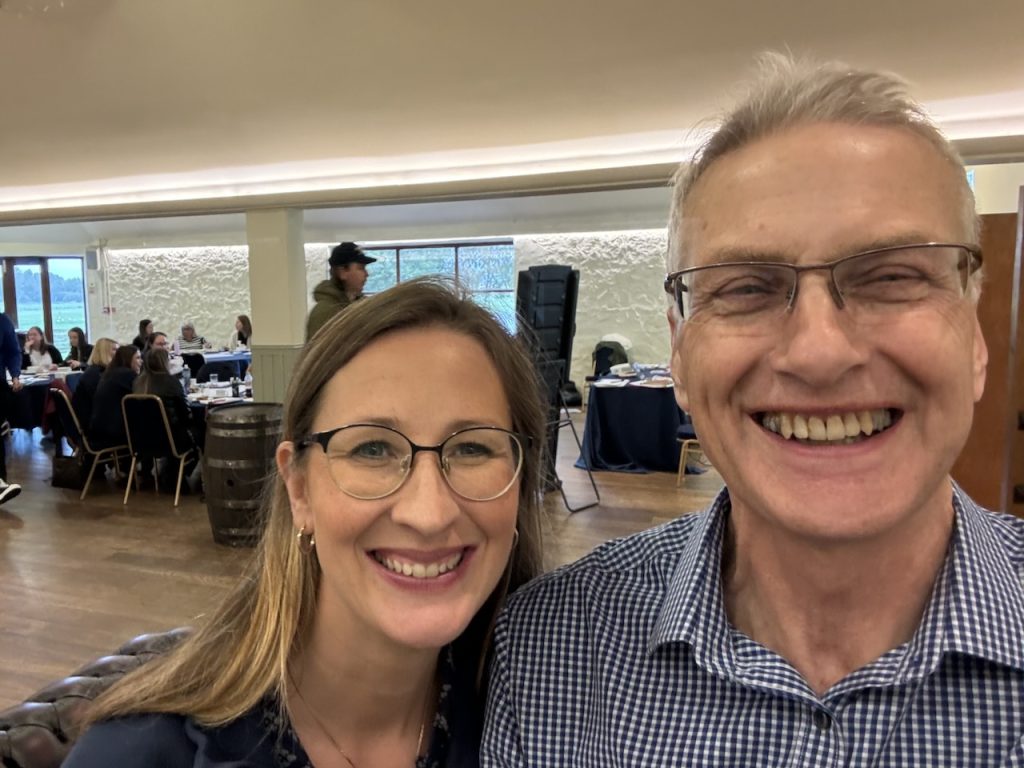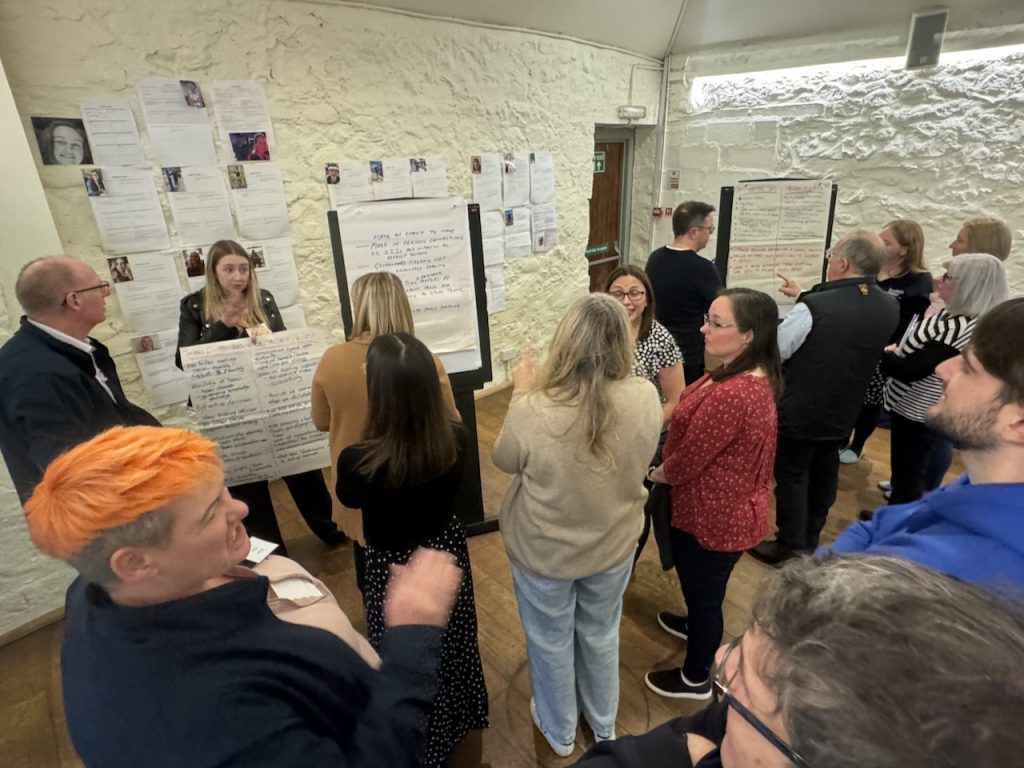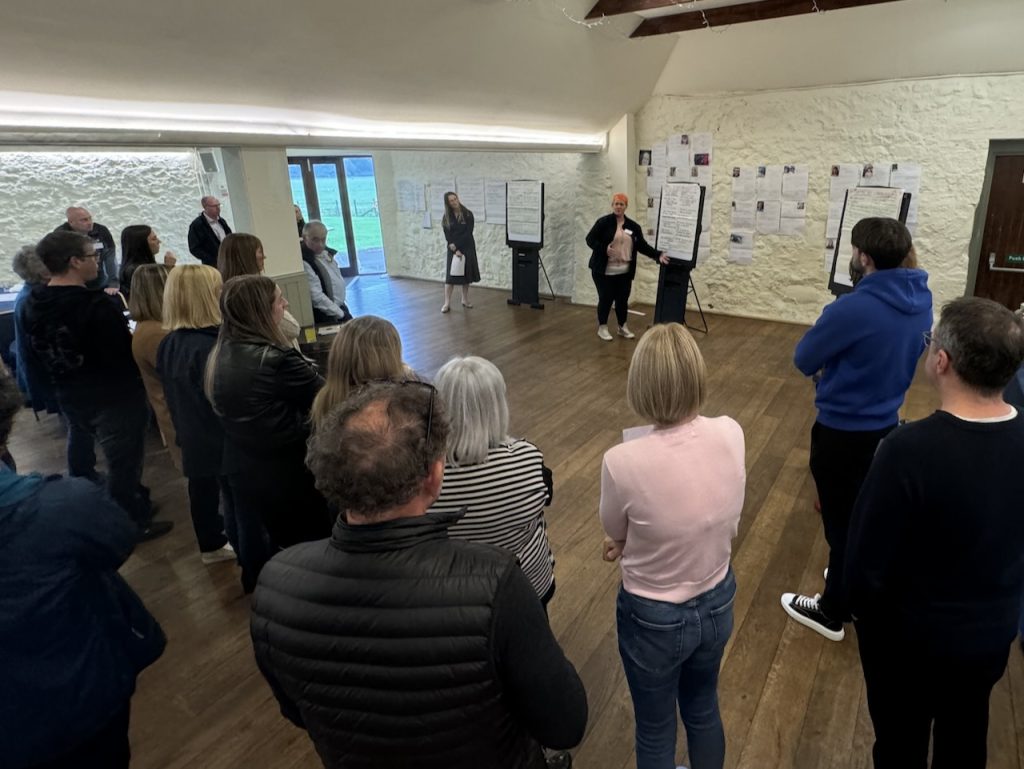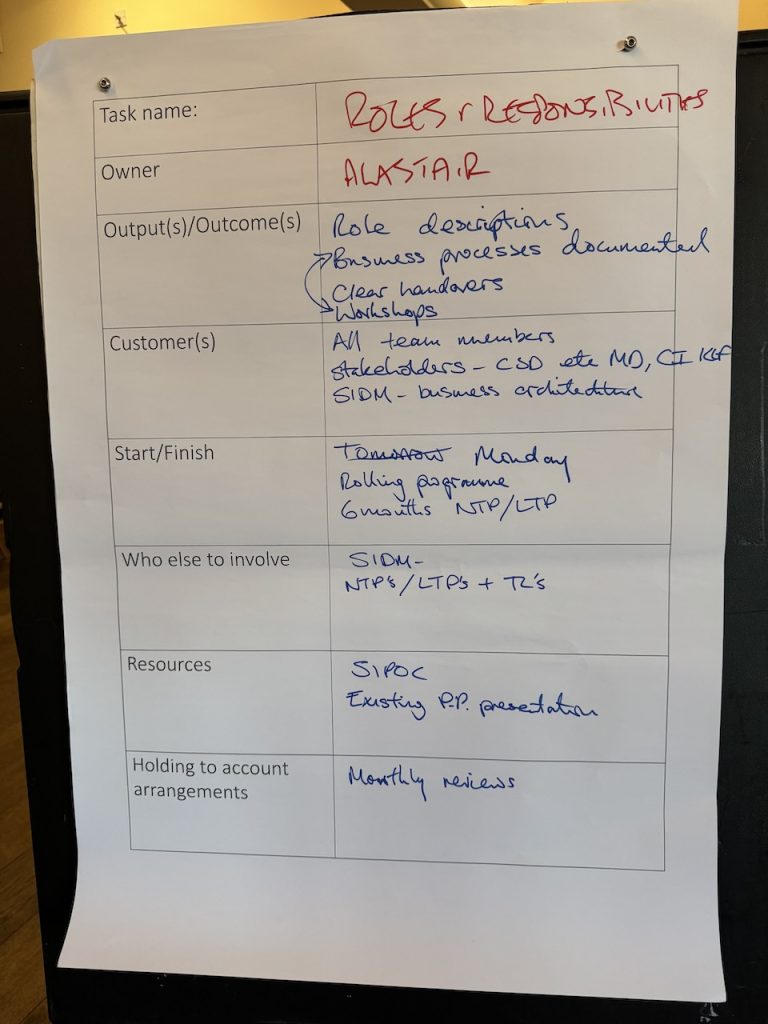Large Organisation | Multiple Teams | Psychological Safety
“It was great to see the entire team thrive together which has not always been the case for us of late.
Super workshop, super facilitation, super approach.”
CONTEXT…
A large and complex organisation, with over 4,000 staff, had recently changed its chief executive and embarked on a major transformation.
PROBLEM…
The organisation was concerned about risks to overall performance. Customer satisfaction, staff engagement and retention rates, were showing early signs of moving in the wrong direction
IMPACT…
Whilst the organisation was in a reasonably good place for the moment, it was performing below its potential and missing out on operational improvements and innovation that seemed very achievable and necessary.
Sound familiar? Want to know more? Email info@freshairleadership.com or call 07776 153428
SOLUTION…
We designed a programme that was framed as an inquiry into psychological safety within a team setting:
“What it is to give of our confident, fearless best on a consistent basis in the service of one another, the business, and our customers?”
This provided an entry point into a wider exploration of team effectiveness and the identification and implementation of priority self-led workplace actions.
Further work, not yet commissioned, will look at how teams can improve collaboration with other teams to deliver improved collective outcomes. A so called “team of teams” approach.
“This was very different and far more impactful from the content-led training days we are used to.”
DESIGN & DELIVERY…
Design and delivery was facilitated by an experienced male and female pairing: Dave Stewart, a very experienced senior leader and coach, and variously the very excellent co-facilitators Hayley Gillard and Charlotte Dixon, both of whom have psychology and coaching backgrounds.
We delivered a pilot programme for two teams, the learning from which informed final programme design. This was then rolled out to multiple teams over 12 months – involving over 100 leaders and managers at the time of writing. The 3-month programme consisted of a sequence of events supported by a range of resources.
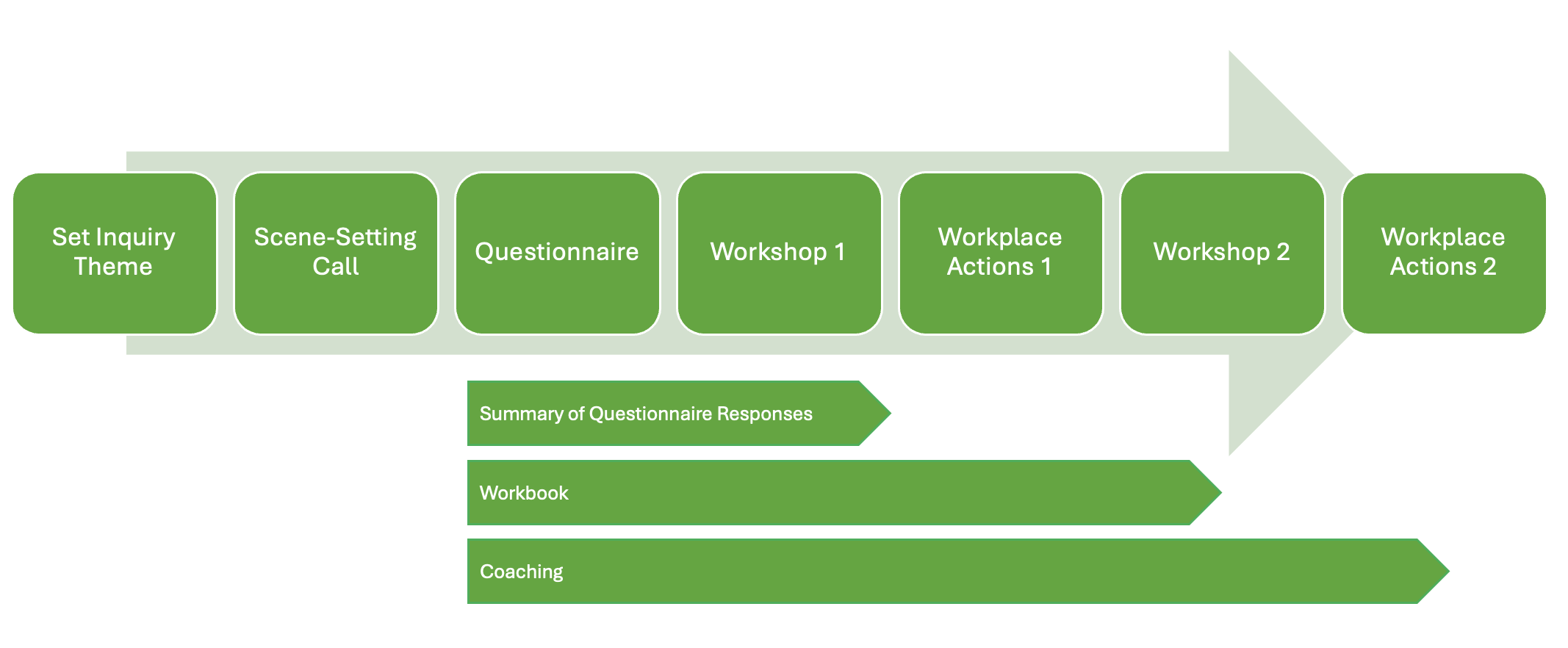
#1. Setting the Inquiry Theme.
Setting an Inquiry theme, often framed as a “Big Question”, is super-important in providing direction with minimal constraints. For this programme, the guiding theme was as quoted above in the SOLUTION paragraph.
#2. Online Scene-Setting Call.
A 30-minute scene-setting call with participants helped: develop a common understanding of the term “psychological safety”; walk through the programme; socialise the questionnaire, workbook, and other “homework”; and clarify any issues that team members wanted to raise.
#3. Questionnaire + Workbook.
These were issued straight after the scene-setting call.
The questionnaire asked for a narrative response relating to individuals’ lived experience and thoughts about team strengths and team areas for development. It also invited reflection and comment on what individuals’ contributed to positive situations and how they responded to negative situations.
The Workbook offered a range of models and frameworks by way of sparking different ways of looking at psychological safety and team function.
#4 Workshop 1 (one-day in-person).
Participants were invited to engage with three items of pre-Workshop 1 homework. These were:
-Preparation of a personal disclosure exercise and completion of a “Manual of Me”. These two exercises were set to encourage reflection and self-awareness, and to further build connection and trust when shared in Workshop 1.
-The third exercise was to review the Workbook and consider which models and frameworks could be useful, and share their views in Workshop 1.
“Inquiring into the overarching psychological safety theme gave us all agency and ultimately ownership of the actions we need to implement back in the workplace.”
Workshop 1 was run as an Appreciative (aka Strengths-based) Inquiry into the theme above. Inputs included an unattributed summary of questionnaire responses and the three homework items mentioned in the previous paragraph.
The day began with a range of team foundational activities i.e., the personal disclosure exercise and the capturing of current team strengths in terms of psychological safety. We also conducted a collective review of the Workbook by way of establishing it as a potential tool kit for the team.
Next we stepped into the future to imagine and richly describe the ways of working and behaviours needed to create a team environment that would enable colleagues to operate at their confident, fearless best on a consistent basis.
Finally, we explored and converged onto the areas for development needed to achieve this ambition. We then facilitated a priority setting exercise, and from these invited the team to fully scope the top 3 priorities as actions they would implement back in the workplace.
“The personal disclosure exercise was powerful and super-helpful in building connection and understanding across the team.”
Read enough? Email info@freshairleadership.com to set up a call or why not just call now on 07776 153428?
#5 Workplace Actions 1 (4 – 6 weeks).
The self-led workplace actions were implemented over a period of 6 weeks. We remained ready to support if required.
#6 Workshop 2 (one hour, online) + Workplace Actions 2
This short online workshop was designed to hold team members to account for the promises made in Workshop 1, to share any learning across the team, and identify next steps i.e. to continue with one or more of the original action and/or commence work on the other areas for development identified in Workshop 1.
#7 Online Coaching.
This was made available as required to support participants through the process.
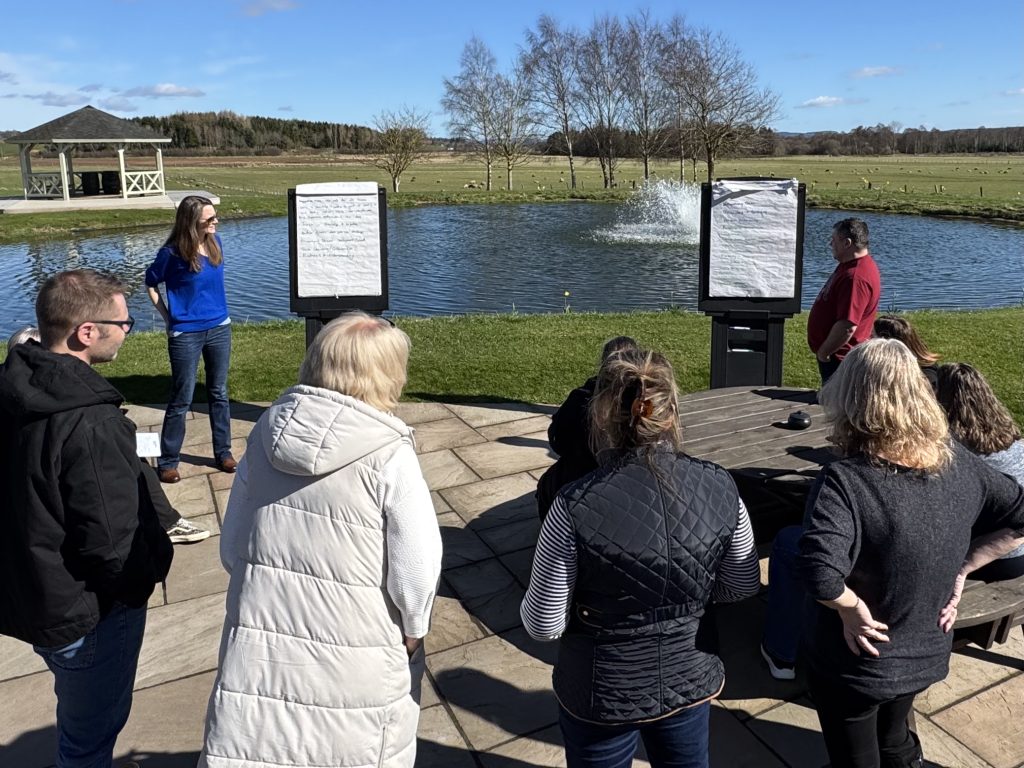
OUTCOMES AND RESULTS…
“The team really enjoyed the experience. It was really well organised and facilitated.”
“We were anxious about the workshop but it exceeded our expectations!”
“We have had really positive feedback about workshop 1. I think a lot of the team were quite apprehensive but then really valued the time to get to know each other and have conversations we would not normally have. I also think the approach to coming up with improvement actions worked well – visualising the future and then working backwards.”
“Two months on and we have developed a lot of momentum around two of the three priority actions we committed to. The third is on track for a new start date in a month’s time. Really pleased by the progress and impact the process has delivered for the team.”
WANT TO KNOW MORE?
Email info@freshairleadership.com to set up a call or just go for it now and call 07776 153428 to explore how we can help you develop more effective collective leadership in your organisation.
—
Footnote: Safety & Qualifications
The two-person design and facilitation team included a qualified psychologist, and the programme was piloted and approved by the organisation’s Head of Learning & Development. In addition, all participants were reminded at several points to share only what they were comfortable in sharing, and that the questionnaire process was in strict confidence with responses only being seen by the facilitation team.
